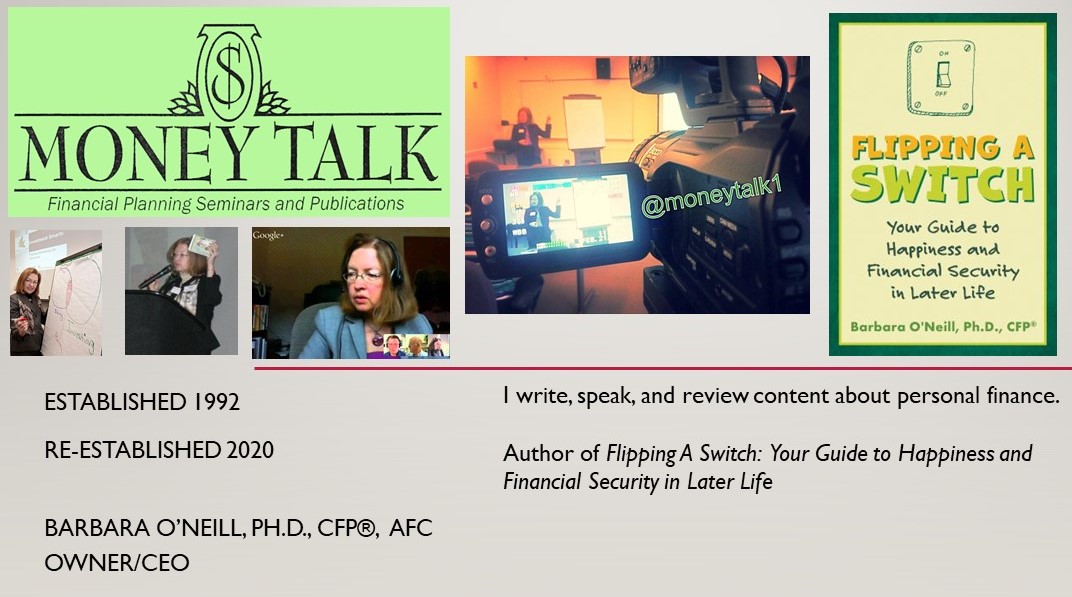Earlier this year, I made a conference presentation about current financial trends and included information about online gambling. I also attended a webinar about online gambling presented by Next Gen Personal Finance, a youth financial education advocacy and training organization.
Below is some information about online gambling, financial education activities related to gambling, and learning lessons from the one and only time that I ever placed a bet online.
Alarming Statistics- Between
60% and 80% of high school students have gambled
for money during the past year, according to the National Council on Problem
Gambling. This is despite the fact that the legal age for gambling ranges from
18 to 21, depending on state law. An estimated 4% to 6% of these students have
a gambling addiction problem.
Gaming to Gambling-
The largest share of young gamblers are teenage boys, who often jump a blurring
line from childhood videogaming devices to gambling. Many videogames feature
items that mimic casino games or they sell virtual items (e.g., swords and
clothing) that can be purchased with an adult’s credit card, thereby
establishing a credit to gaming connection.
Tech Influences-
Back in the day, gamblers had to go to a casino or off-track betting parlor to
place their bets. Fast forward to today and technology advances, coupled with
state legislation, are fueling a surge in problem gambling. In late 2022, 26
states had legalized mobile sports betting, making wagering
as easy as a few keystrokes on a smartphone or tablet.
Gambler Characteristics- Gambling
experts note that many gamblers have a distorted view that they are “in control”
of a sporting event or an online game and can predict the outcome. They greatly
underestimate the amount of money that online betting transactions are costing and
may gamble to cope with mental health issues such as depression and anxiety.
Financial Education
Implications- Gambling needs to be acknowledged as an
“expense,” without judgement, by financial counselors. For example, calculating
the percent of household income going to gambling. Teaching methods in high
schools can include watching and discussing the Netflix Money, Explained
episode on gambling, a reformed gambler guest speaker, flipping coins to
discuss the odds of winning, and discussing sports betting ads.
Personal Experience-
Intrigued by this topic, I decided to try a personal online gambling experiment
and placed my first online bet ever on the 2023 Kentucky Derby. My husband and
I each bet $10 and, upon checkout, the platform charged a $5 service fee or 25%
of the amount of our bets! My husband picked one horse, the favorite, and I
“diversified” my $10 among three horses with $2, $3, and $5 bets. Neither of us
won anything. The platform took a while to navigate and someone could easily
make mistakes with erroneous keystrokes. To add insult to injury, my credit
card charged a $10 cash advance fee and $1 interest on the fee, a shock to this
convenience user who never pays interest. Never again! Bottom line: Our $20 in
bets cost $16!
This post provides
general personal finance or consumer decision-making information and does not
address all the variables that apply to an individual’s unique situation. It does
not endorse specific products or services and should not be construed as legal
or financial advice. If professional assistance is required, the services of a
competent professional should be sought.






No comments:
Post a Comment